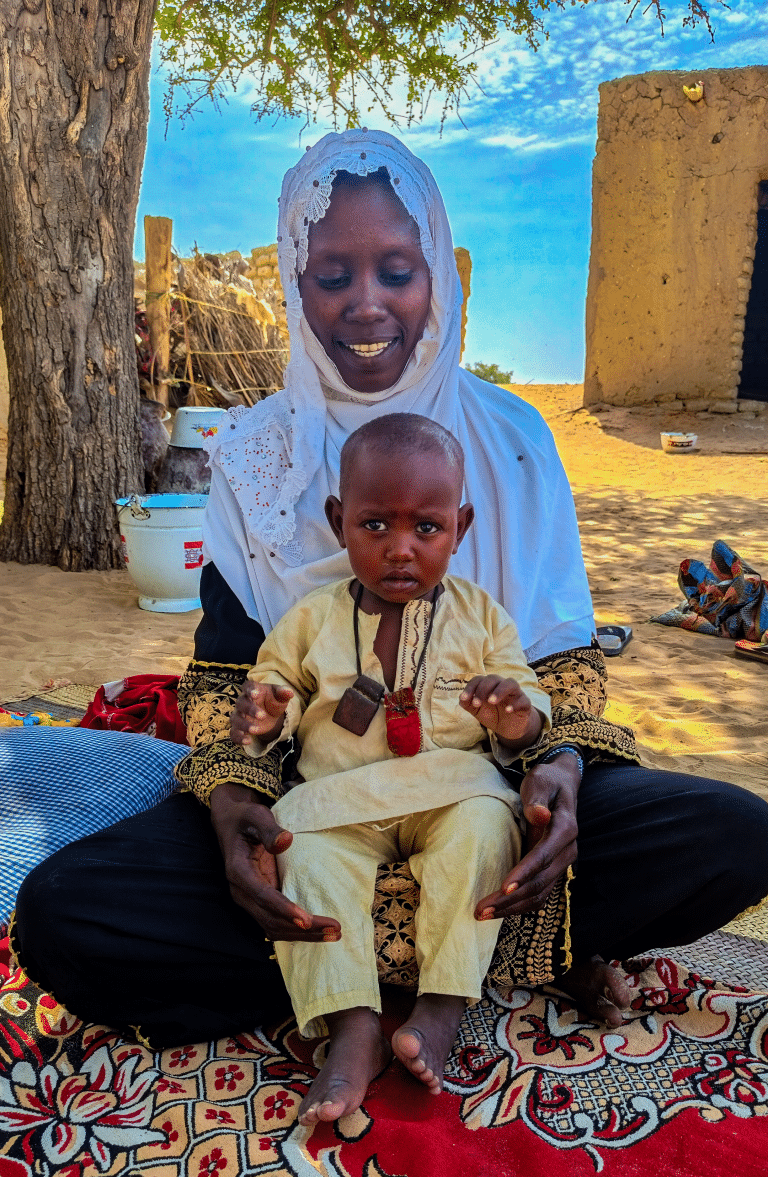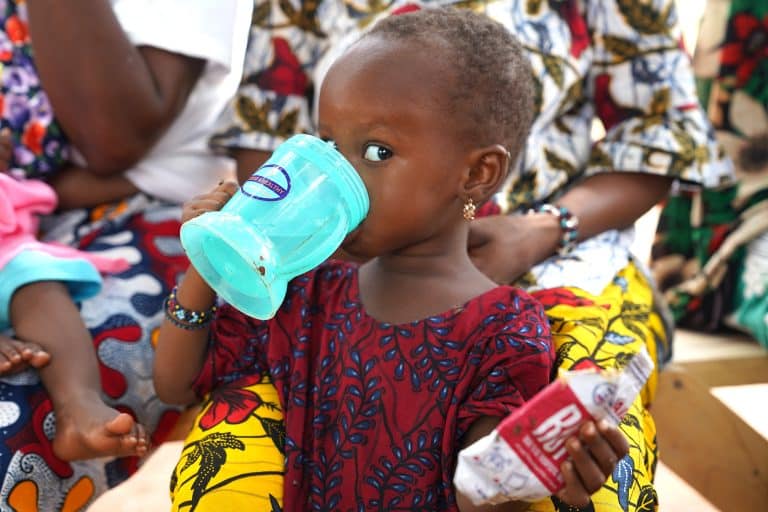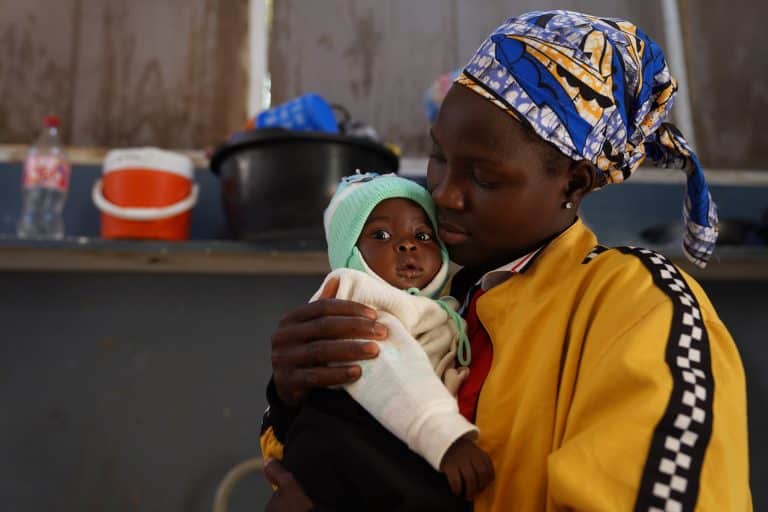What is the current situation regarding the outbreak?
Between May 12 and May 24, 2017, the Ministry of Health recorded two positive confirmed cases, 49 suspected cases and four deaths. 294 people who were in contact with suspected patients are currently being monitored. The epidemic mainly affects the Likati health zone in the Bas-Uélé province. Suspected cases are scattered throughout seven health areas: Nambwa, Muma, Ngayi, Azande, Ngabatala, Mobenge and Mabongo.
What is ALIMA doing in terms of response?
In Muma, we deployed a team of seven people to support the local health authorities. Nearly 1.8 tons of medicines and medical equipment were sent to this health area.
The team has been distributing materials and training health personnel on the protective measures that should be taken when dealing with a suspected case. The community is also advised on what to do if symptoms of Ebola appear.
Active case finding is currently underway. We have set up a small isolation structure to accommodate suspected cases while waiting for laboratory results. We also set up an ambulatory program to ensure that suspected cases can be cared for at home if they cannot go to a health center because there is no ambulance and accessing these villages in very difficult. Our medical teams take samples to test and offer daily consultations for patients suspected of having Ebola. We also educate families and distribute protective equipment and medication to enable families to care for these patients.
Our priority is to contain the epidemic, but we also need to ensure that medical care remains available for patients who need care that is not related to Ebola, including malaria and obstetric care, among others. To do this, we must ensure that protective measures are in place in areas where there may be contact cases.
What are the logistical constraints?
We are facing many challenges to deploy medical aid. Likati is an extremely isolated geographic area. It is located 350 kilometers from Kisangani, the nearest town. While the cities of Kisangani and Buta are relatively accessible by air, it remains difficult to reach the various cities believed to be affected by Ebola.
Due to the lack of road infrastructure in Bas-Uélé, the deployment of equipment and staff is mainly done by motorcycle. The crossing of makeshift bridges, sometimes consisting of just two tree trunks, cannot be done by car. It takes at least six hours of motorcycle travel from Buta to Likati and then another five hours from Likati to Muma. To facilitate transportation, the World Health Organization has made helicopters available to aid workers.
The second logistical constraint concerns ambulance transport. Today, it is inconceivable to carry a suspicious or confirmed case on a motorcycle. The risk of transmission to the driver is too high. We are therefore looking for logistical solutions that can allow the patient to be transferred without contaminating any member of the team.
Communication is also a major problem. There is no telephone network in this forested area, and even with our satellite phones, we have great difficulty being in regular contact with our staff.
All these factors contribute to the difficulties of an intervention.
The response to an Ebola outbreak requires specific medical skills, rigorous protective measures and discipline, as the safety of our teams and those of workers from the Ministry of Health are a priority at every moment.
© Caroline Thirion / ALIMA





